Genetics researchers who have been watching for new coronavirus variants say they've seen a troubling new lineage that carries many of the same hallmarks as other strains, including Alpha, Beta and Gamma.
The variant they are watching, called C.1.2, has popped up across South Africa as well as in seven other countries in Africa, Asia and the Pacific, the researchers report. They're not sure whether its constellation of mutations will make it more dangerous, but it carries changes that have given other variants increased transmissibility and the ability to evade the immune system's response to some degree.
Having more mutations does not necessarily equal more danger -- some mutations can weaken a virus and it's the combination of changes that affects whether a virus becomes more efficient. One extra mutation could cancel out the effects of another.
But the team -- which includes virologist Penny Moore of South Africa's National Institute for Communicable Diseases -- say they are keeping an eye on it.
"We are currently assessing the impact of this variant on antibody neutralization following SARS-CoV-2 infection or vaccination against SARS-CoV-2 in South Africa," they wrote in a report posted online as a preprint.
"This variant has been detected throughout the third wave of infections in South Africa from May 2021 onwards and has been detected in seven other countries within Europe, Asia, Africa and Oceania. The identification of novel SARS-CoV-2 variants is commonly associated with new waves of infection."
It's too soon for the variant to be designated a variant of interest or a variant of concern by the World Health Organization, so it does not yet have a Greek alphabet designation. WHO currently names four variants of concern, which are more easily transmitted, affect severity of disease or evade tests, vaccines or treatments: Alpha or B.1.1.7; Beta or B.1.351; Gamma or P.1; and Delta or B.1.617.2. Variants of interest, which have troubling mutations and have caused clusters of illness, include Eta or B.1.525; Iota or B.1.526; Kappa or B.1.617.1 and Lambda or C.37, according to WHO.
Maria van Kerkhove, technical lead on Covid-19 for WHO, noted that very few people diagnosed with coronavirus have been found to be infected with the C.1.2 variant.
"To date there are around 100 sequences of C.1.2 reported globally, the earliest reports from May '21 from South Africa," she said on Twitter.
"At this time, C.1.2 does not appear to be rising in circulation," she added. She said WHO would update people on its website and via news conference if that changes.
Monitoring & assessment of variants is ongoing & critically important to understand the evolution of this virus, in fighting COVID-19 & adapting strategies as needed," she added. So far, the Delta variant is still dominant, Van Kerkhove said.
Some variants, such as Alpha and Delta, have quickly spread to become the dominant variants in much of the world. Others have spread more regionally, including Beta and Gamma. Others have looked troubling but caused only sporadic outbreaks.
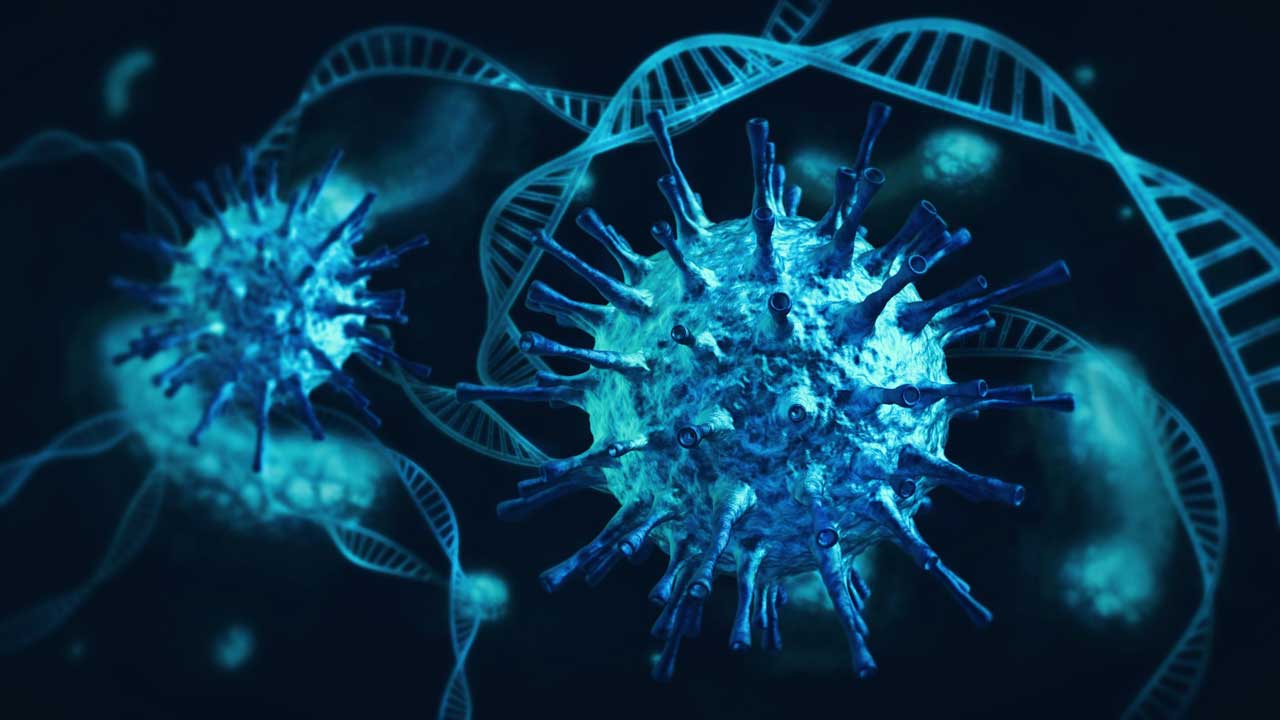
 New Covid variant detected in SA
New Covid variant detected in SA






.png)
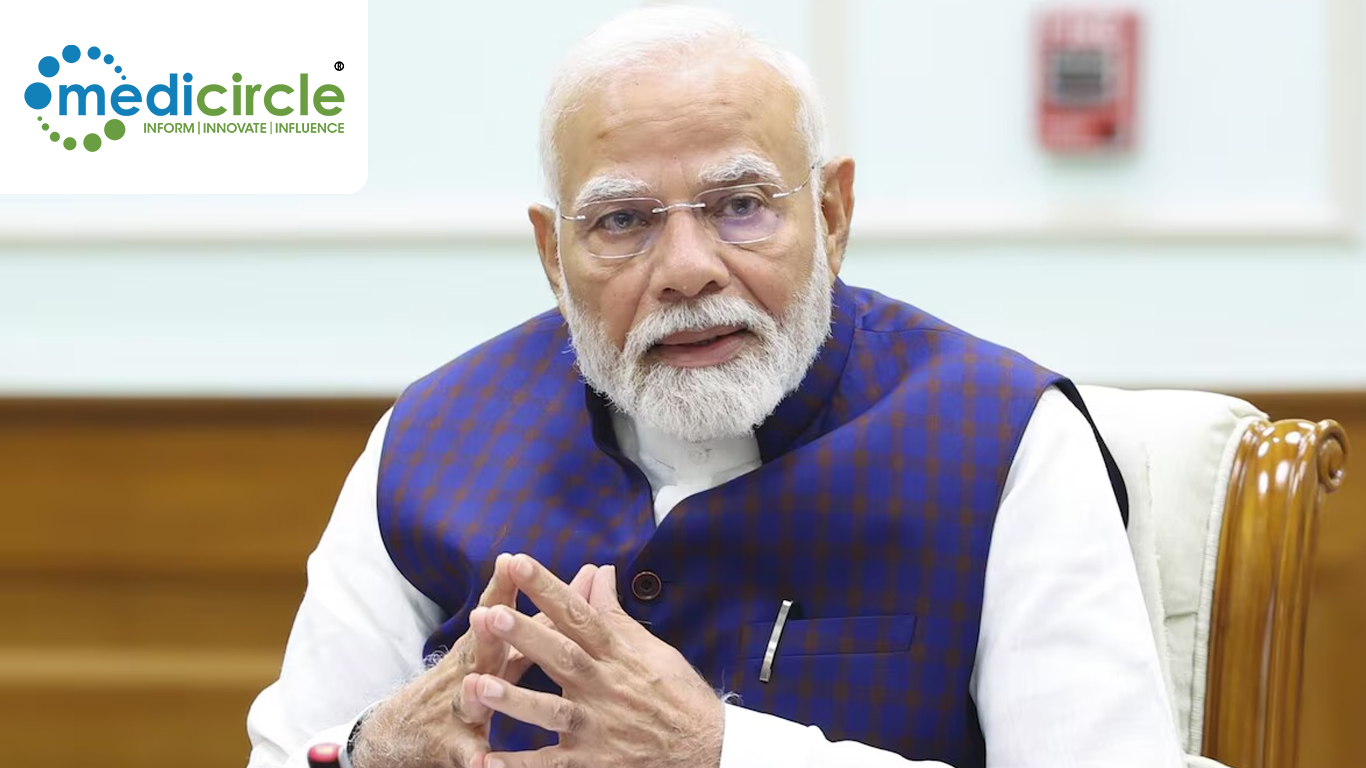

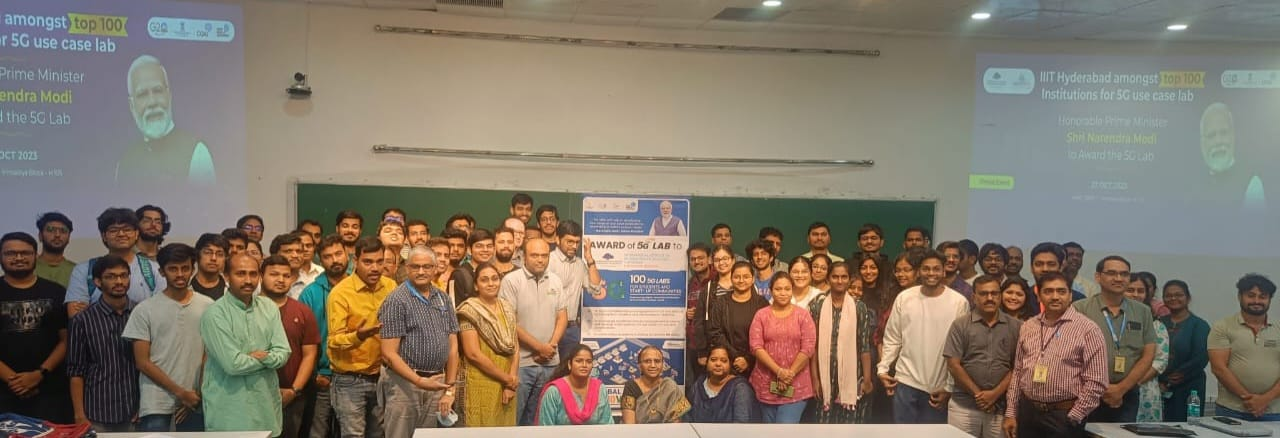



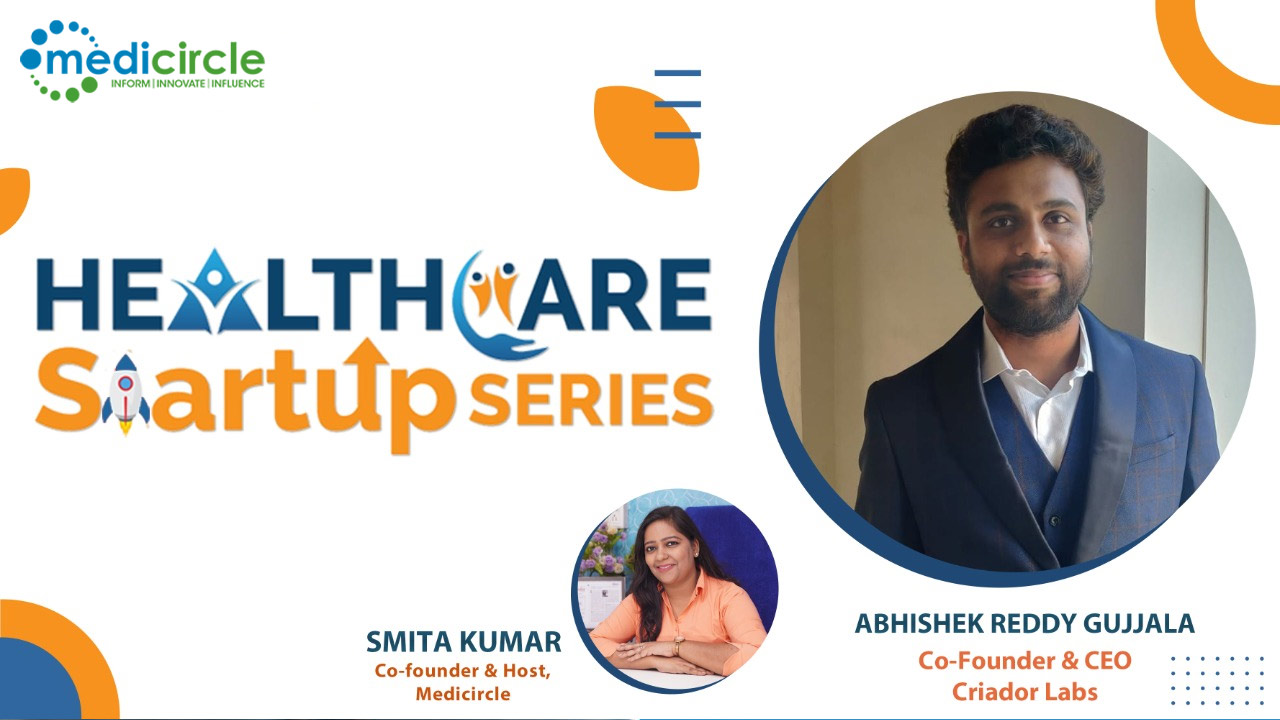
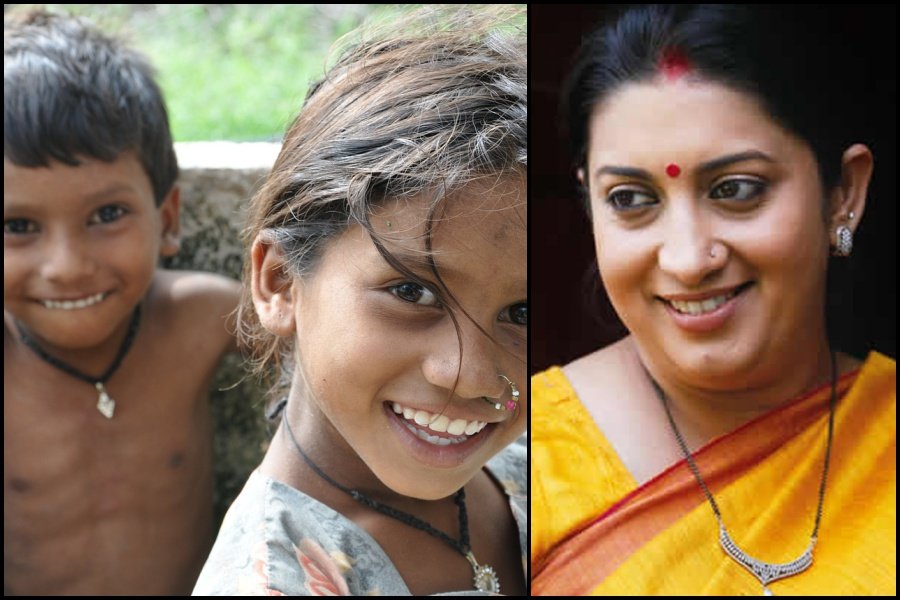





.jpeg)

.jpeg)










.jpg)




.jpg)

